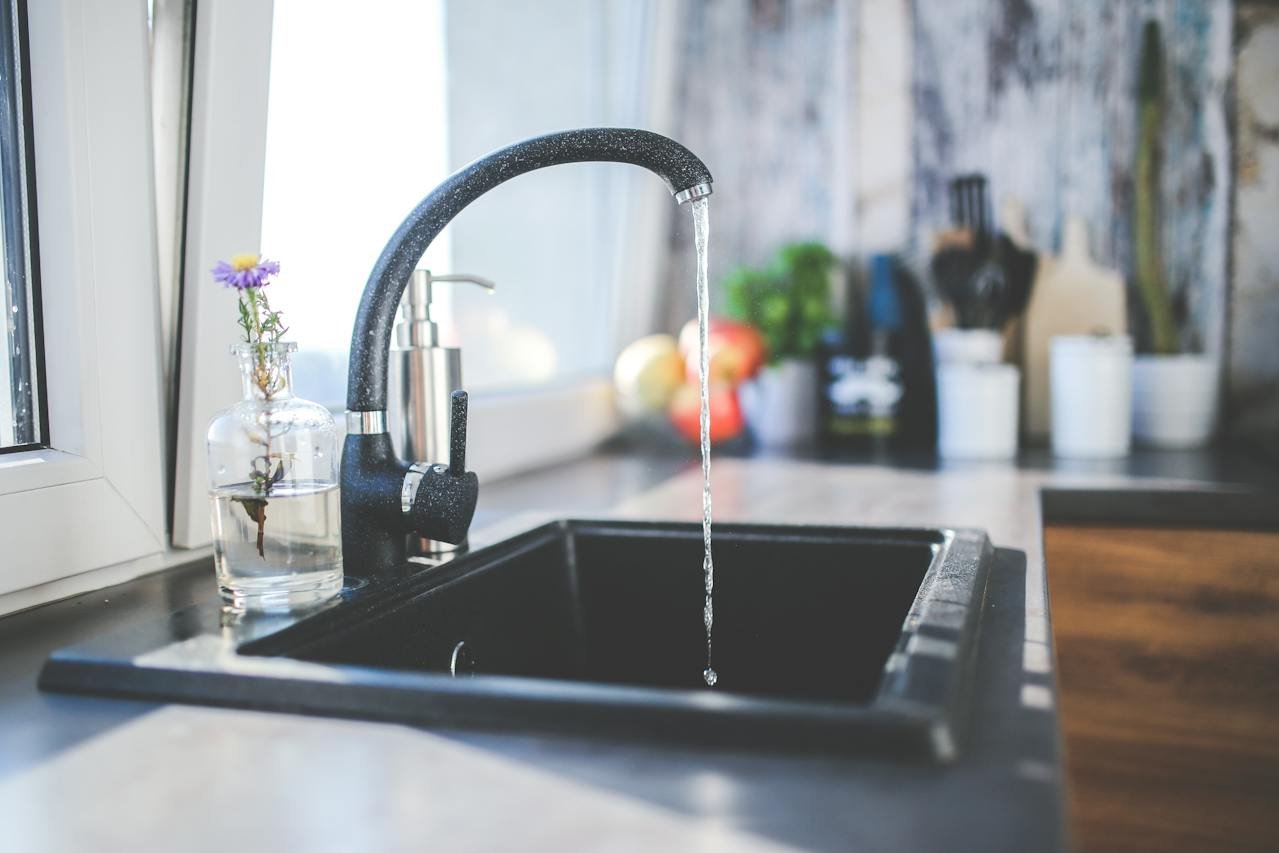Preventing Pipes from Bursting in Winter
The temperatures in the home shouldn’t be lower than around 55 degrees Fahrenheit.
Pipes are sensitive to the cold. Icy weather and low temperatures can put stress on them and make them burst. Burst pipes cause floods and major disruptions in the water supply, not just for one household but a potentially broader area.
But there’s no need to panic. Here are some tips to prevent pipes from bursting in winter:
Keep the home heated
The temperatures in the home shouldn’t be lower than around 55 degrees Fahrenheit. No one would want their home to be cooler indoors, especially in the colder months. So, set the thermostat to maintain a pleasant temperature for comfort and to prevent freezing.
Beyond heating, another risk factor is seeping cold. Insulate attics, basements, and crawl spaces where cold air from outside can cause some pipes to freeze, even if the rest of the house is warm.
Insulate the pipes
Insulate the pipes as well. Pipes in unheated areas or those against exterior walls are especially vulnerable and need enough insulation to stay protected. If the pipe is prone to freezing, use foam pipe insulation or heating tape to help them conserve heat.
Drain excess water
Too much water in the pipes, especially outside pipes, can freeze over, overwhelm the pipe, and cause it to burst. To prevent this from happening, drain the excess water from pools and sprinklers before the weather gets too cold. However, don’t use antifreeze in these systems unless you have no choice. Too much antifreeze can also be harmful to pipes.
Prepare before winter
Prevention is the best solution, so don’t leave anything to chance and prepare early. Check for insulation gaps around pipes and repair them before temperatures get too cold and the insulation becomes necessary. Winterize the home before temperatures drop below freeze levels.
Cover exposed plumbing
Don’t leave plumbing exposed on cold winter days. If any exposed plumbing fixtures exist, look for insulation materials at hardware stores that can cover them. These fixtures are especially commonplace in basements and garages, often heated less than the rest of the house.
Let faucets drip
It seems counterproductive to let water drip when trying to prevent freezing, but it could help. Let a trickle of water run from faucets that connect to exposed pipes during extreme cold so that the water can drain and not collect in these pipes. Doing so prevents pressure from building up in the pipes, which can lead to bursts.
Seal leaks
Don’t let cold reach interior pipes. Seal all leaks around doors and windows with caulk or weather stripping to keep the cold air at bay.
Keep the pipes safe
Burst pipes are a severe hazard. Follow the tips outlined above to keep them safe. But if that wasn’t enough and they burst anyway, contact a professional plumber immediately.
Evenflow Home Services has earned a strong reputation for providing comprehensive residential and commercial plumbing services. Emergency services available. Call today at (210) 941-3503.

